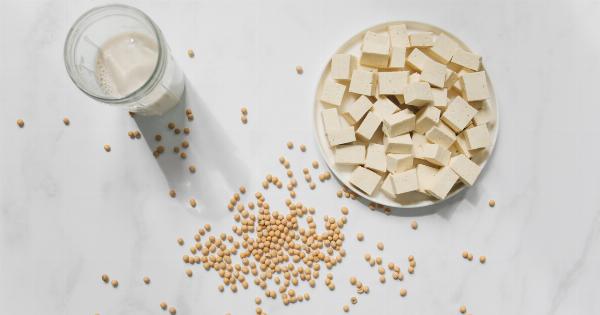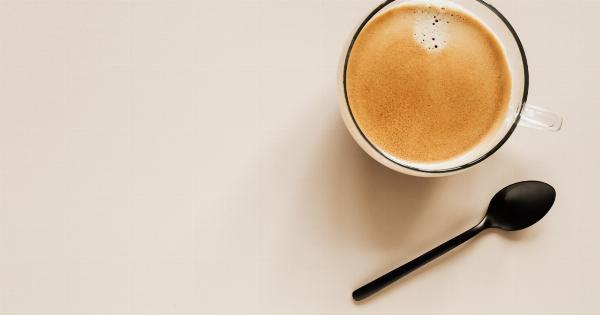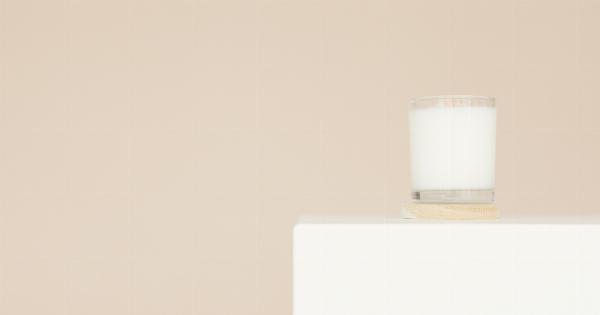When it comes to vegan milk alternatives, there are many options to choose from. From almond milk to soy milk, oat milk to cashew milk, the choices seem endless. However, one alternative that has gained popularity in recent years is bed milk.
But is bed milk a healthier alternative to other vegan milks? Let’s take a closer look.
What is Bed Milk?
Bed milk is a type of milk that is made by soaking nuts, seeds, or grains in water overnight. The mixture is then blended together to create a creamy, milk-like consistency.
Bed milk can be made with a variety of ingredients, including almonds, cashews, oats, and quinoa.
Nutritional Benefits of Bed Milk
One of the main nutritional benefits of bed milk is its high content of vitamins and minerals. Most nuts, seeds, and grains used to make bed milk are rich in essential nutrients such as calcium, vitamin D, and iron.
Bed milk can also be a good source of protein, depending on the type of nuts, seeds, or grains used.
In addition, bed milk is usually lower in calories than dairy milk, making it a great choice for those who are watching their weight or looking to lose weight.
Bed milk is also naturally lactose-free, which makes it a suitable alternative for those who are lactose intolerant.
Compared to Other Vegan Milks
When compared to other vegan milk alternatives, such as almond milk, soy milk, or oat milk, bed milk is a healthier choice in some respects.
For example, bed milk is often free from additives, preservatives, and artificial flavors, which makes it a more natural alternative to other vegan milks.
Another advantage of bed milk is its versatility. Depending on the type of nuts, seeds, or grains used, bed milk can be used in a variety of recipes, such as smoothies, desserts, or sauces.
Bed milk can also be used as a substitute for dairy milk in recipes such as pancakes, waffles, or muffins.
Possible Downsides of Bed Milk
While bed milk has many nutritional benefits, there are some downsides to consider. For example, bed milk may not be suitable for people with nut allergies or gluten intolerance, depending on the ingredients used.
In addition, since bed milk is not fortified with vitamins and minerals, it may not provide the same amount of nutrients as dairy milk.
Conclusion
In conclusion, bed milk is a healthy and natural alternative to other vegan milks. It is rich in vitamins, minerals, and protein, and can be used in a variety of recipes.
While it may not be suitable for everyone, it is certainly a great option for those who are looking for a lactose-free and low-calorie alternative to dairy milk.




























